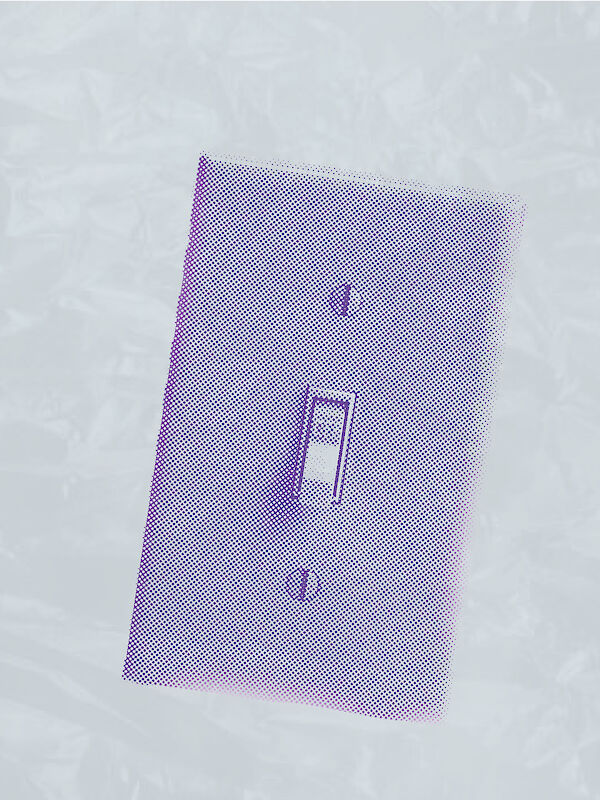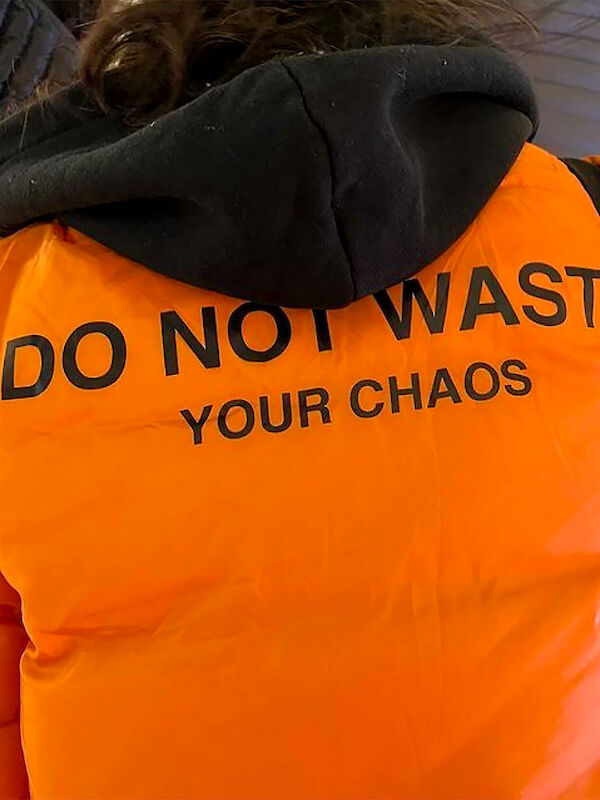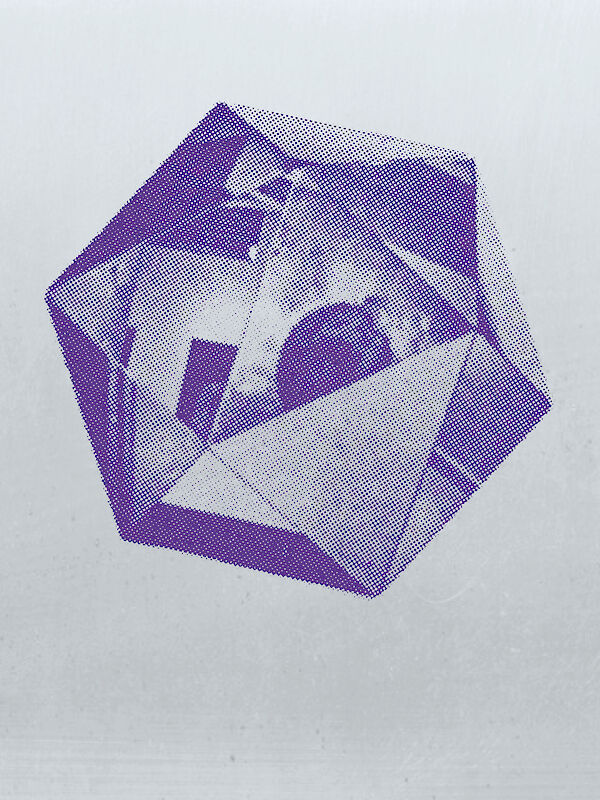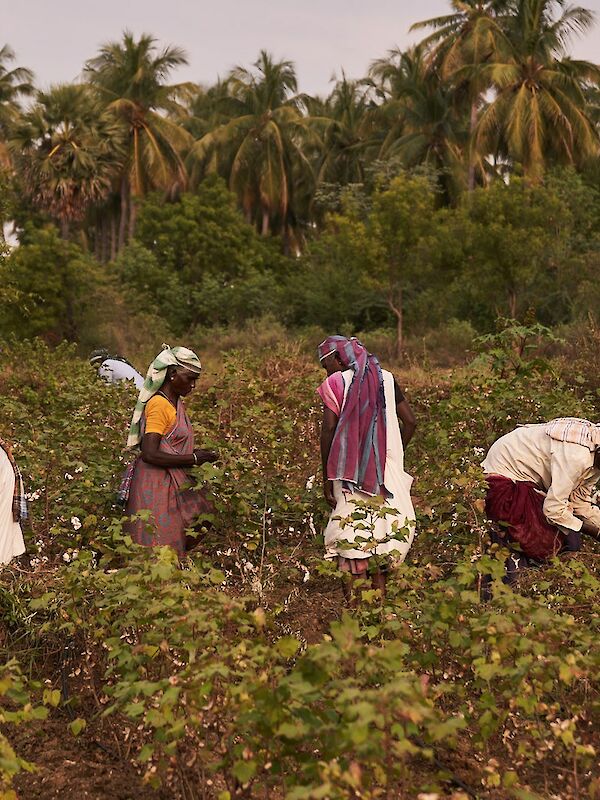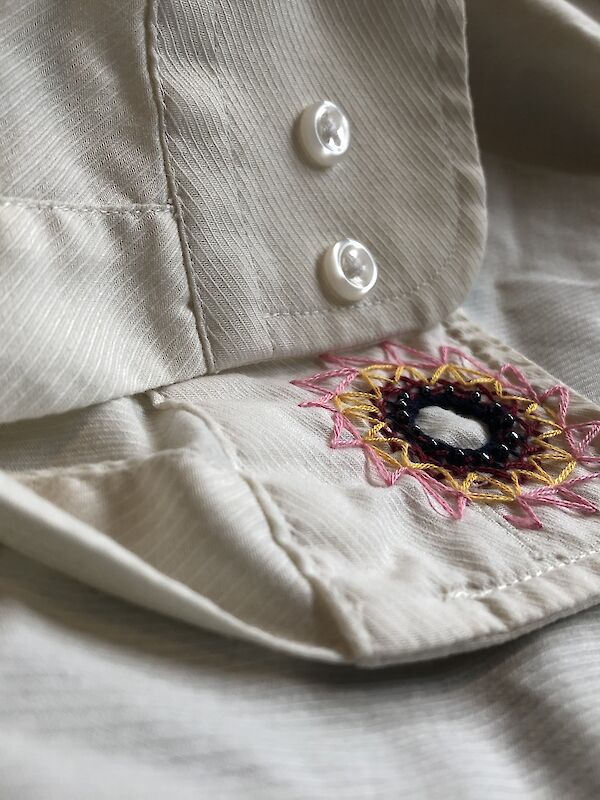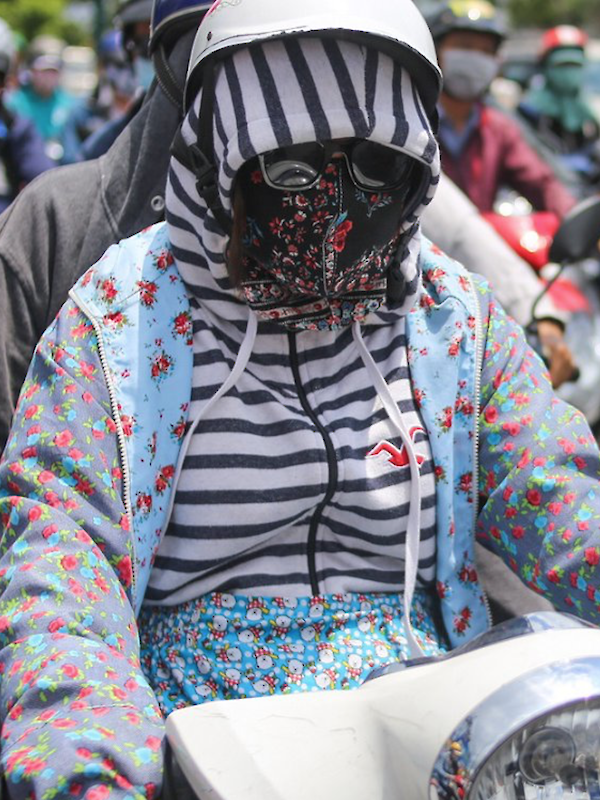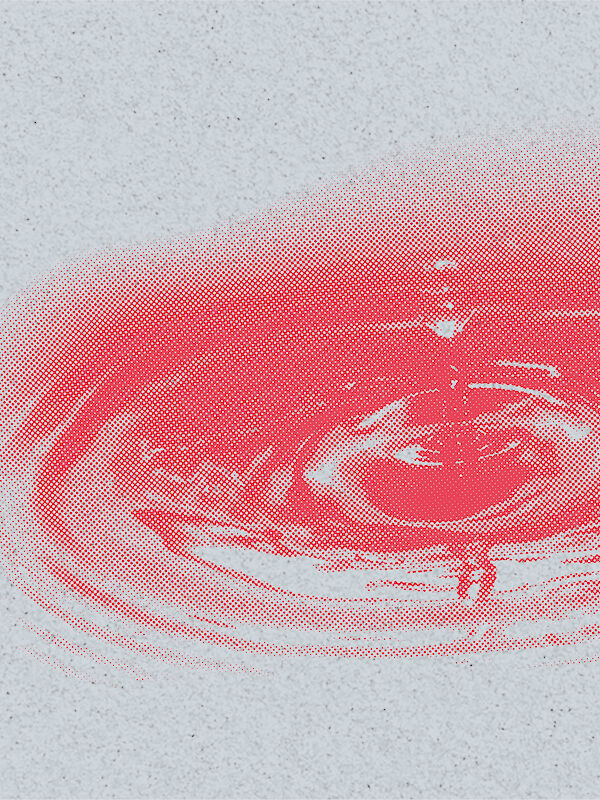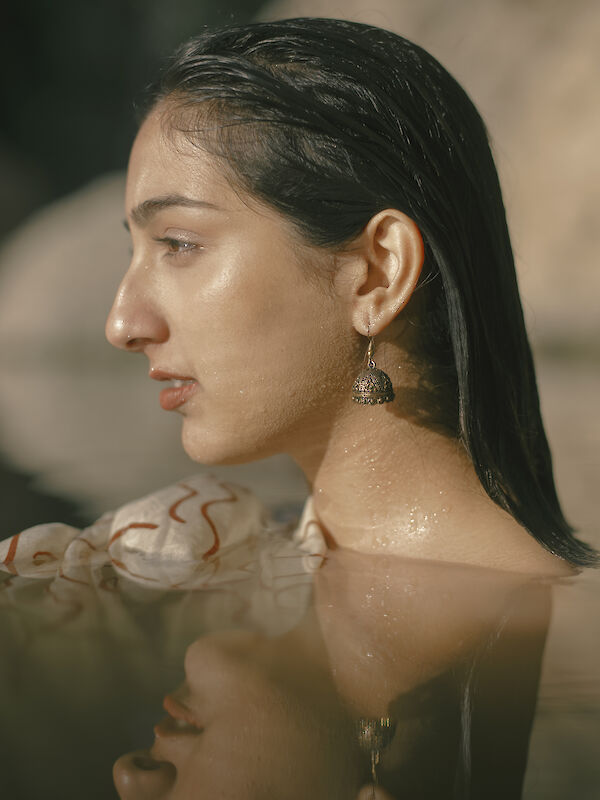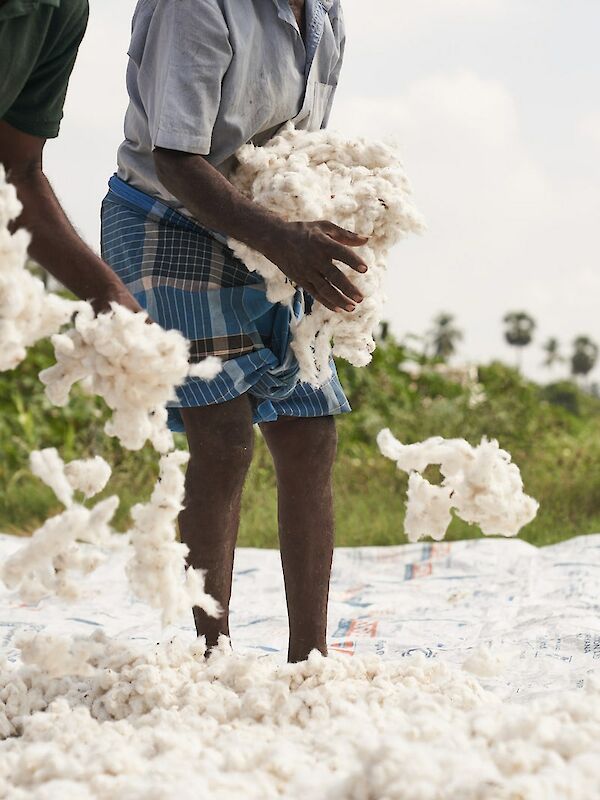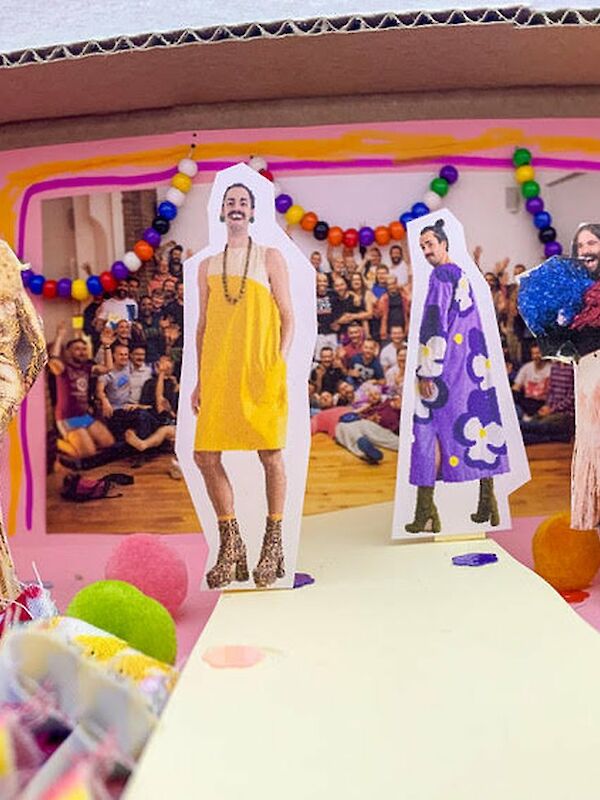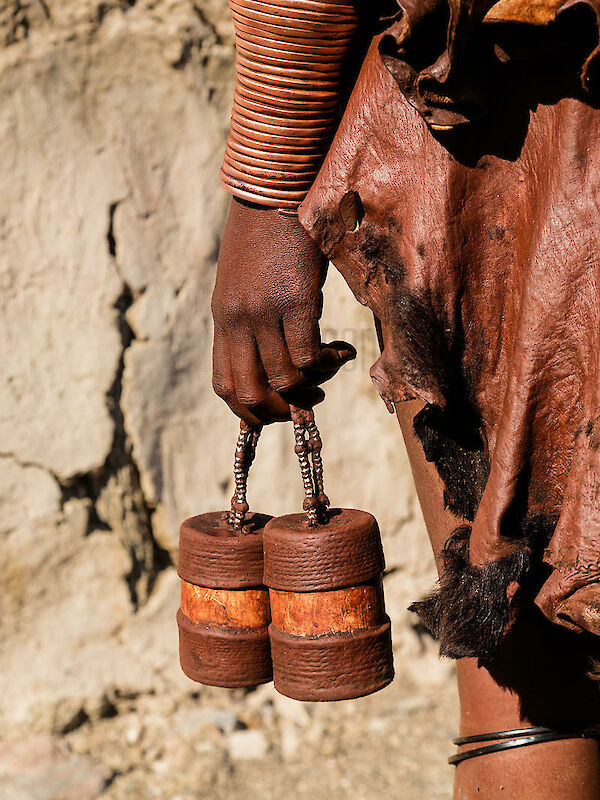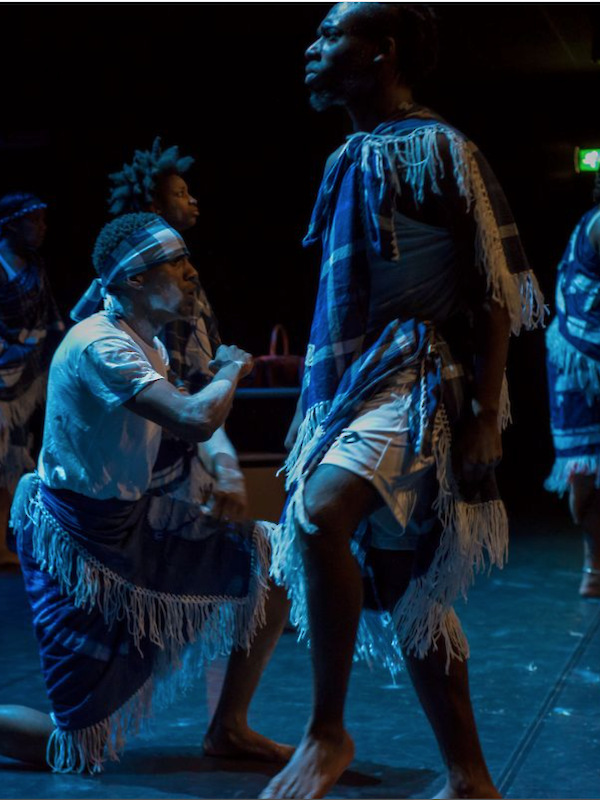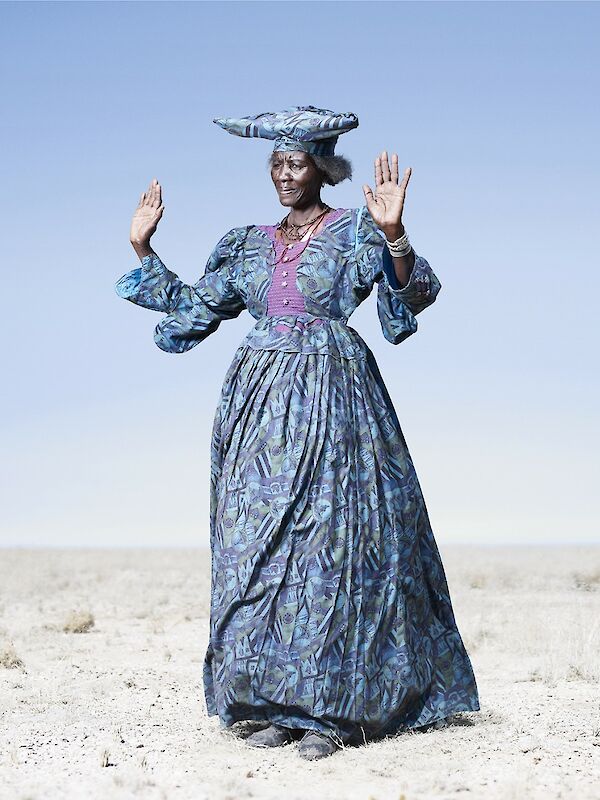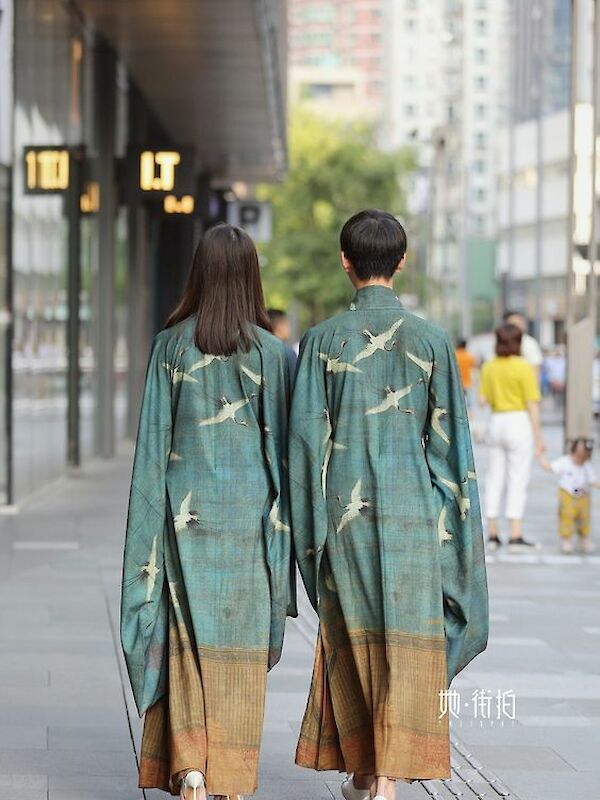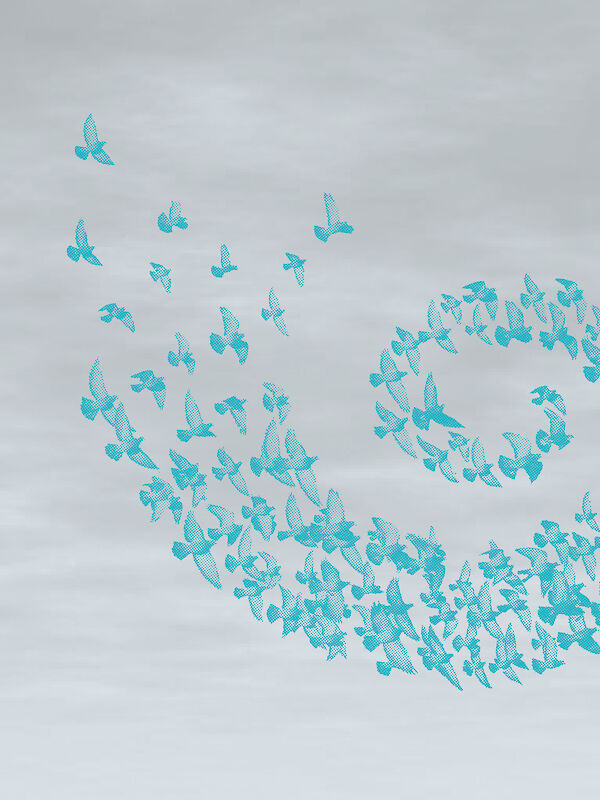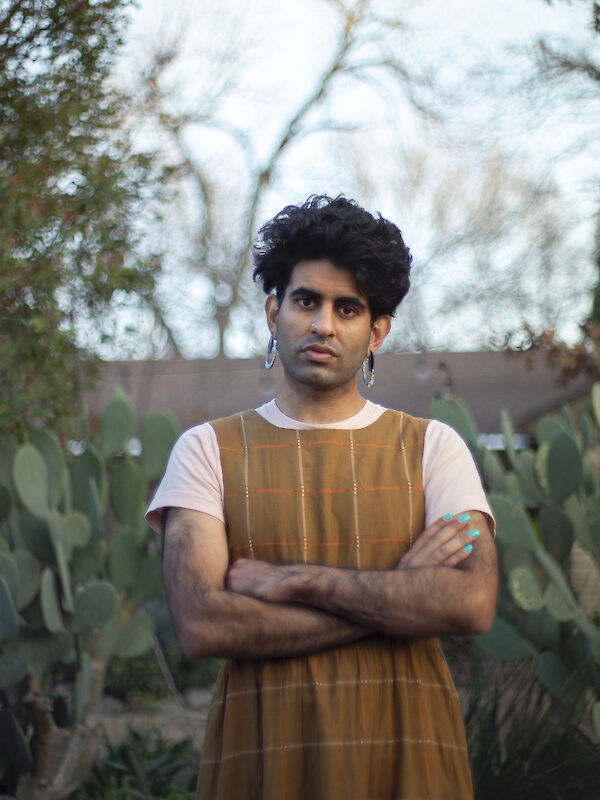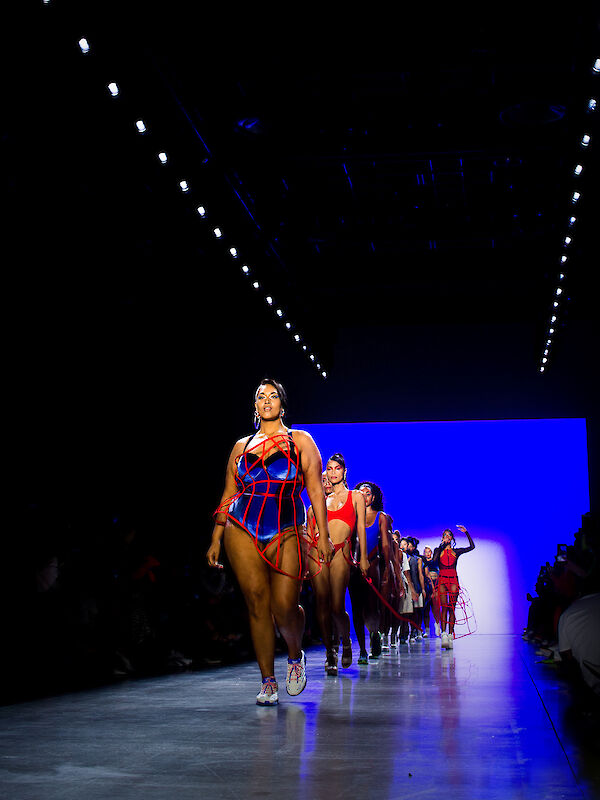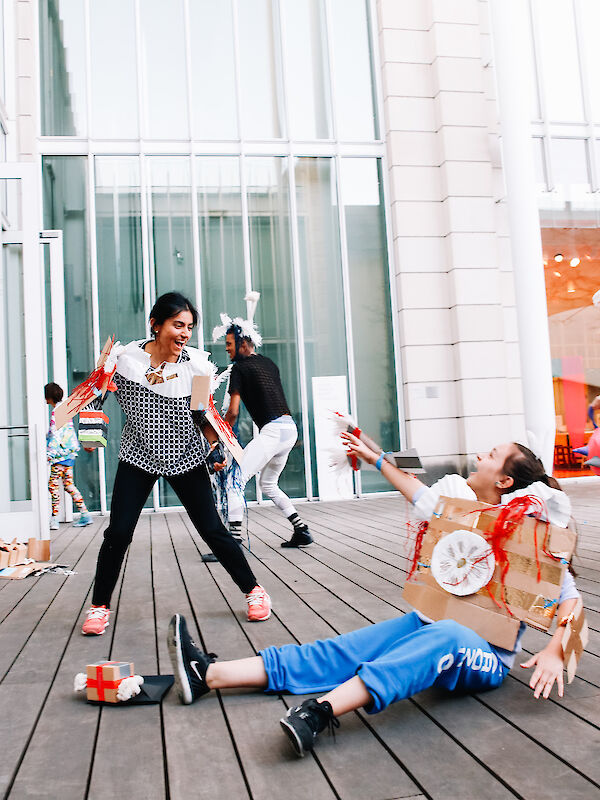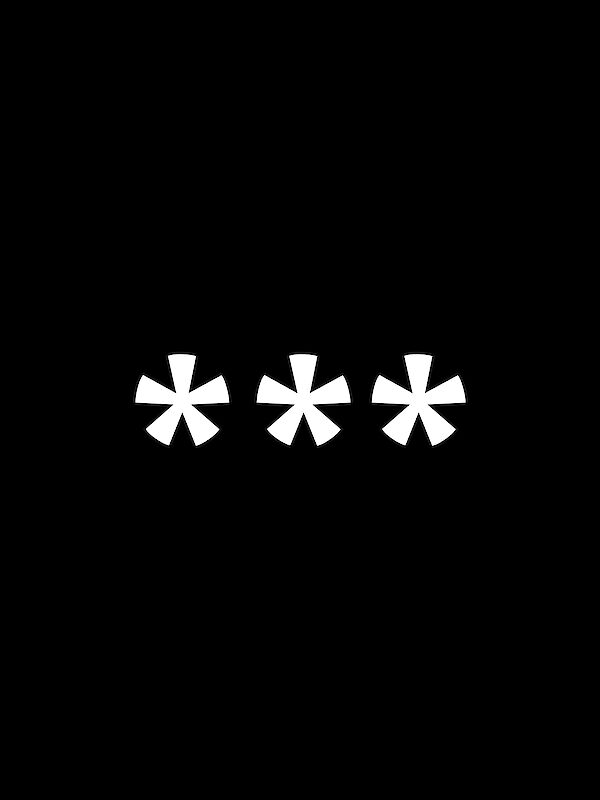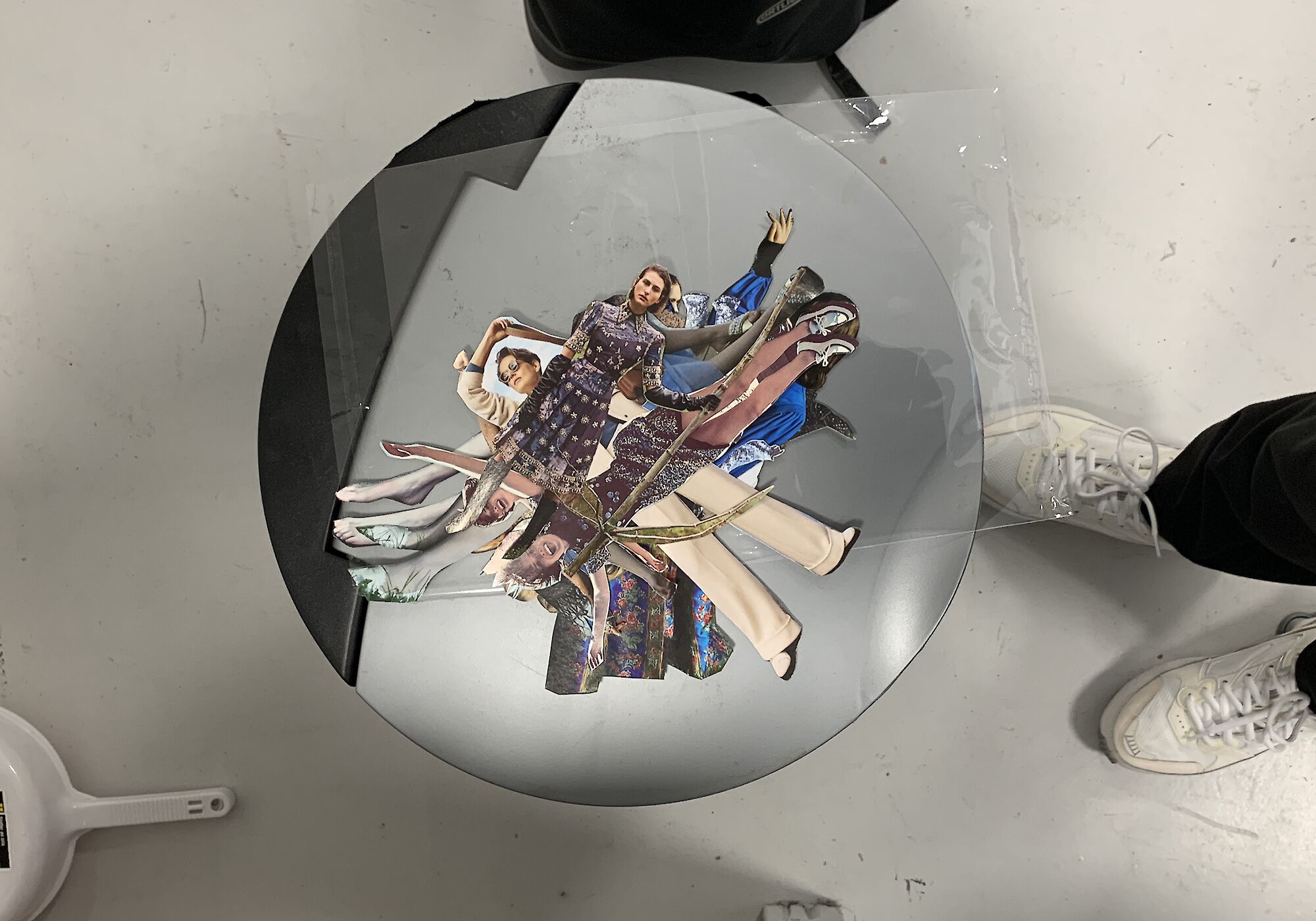
FROM FASHION INDUSTRY TO FASHION CULTURE
Following a long period of excess, fashion appears to be finally sobering up, but some barriers are still in place. A narrow vision of fashion as an industry, with its large scale and complex interrelations, has led to defeatist attitudes, preventing those who work in it to think and act beyond established ways. Either deliberately or unconsciously, many have self-colonised into the industrial fashion system and surrendered to its symbolic power, while others opted out completely.
Internalised narratives
In order to move on, it is key to understand how systemic dysfunctions affect individual practitioners. Many of fashion’s social relations have been built around unhealthy dynamics of domination. Colonial-era supply chains and European moral saviourist narratives which banalise dominations and disguise as green or social initiatives still persist, while other issues are simultaneously ignored. These include the local working poor and exploitative labour extraction from immigrant workers for the sake of a ‘made in Europe’ label. Ideas about social class, colonial and extractivist thinking are still deeply embedded in fashion’s social relations, in the way it is imagined, produced and worn.
A narrow perception of fashion’s creative roles, mainly in design and styling, often stems from an internalised neoliberal subjectivity. The pursuit of a ‘dream job’ serves to justify poor working conditions for the practitioners themselves, and for others in the many layers of the industry. Since financial capitalism has established personal risk-taking at the root of individual success or failure, systemic and social issues remain unaddressed. The route to ‘making it’ in fashion, in its old understanding, required an individual’s access to significant external resources, made up of capital investments, invisible labour of the wider industry, support from their personal circle and the work of undervalued assistants, who, in a cycle of dependency, needed to seek out external support as well. Rebranded as hard work on the way to success, this approach played into a meritocratic narrative of individually earning one’s way while hiding social inequalities. Identifying socially unsustainable models is necessary for conscious participation in fashion, with practitioners acting as emancipated co-creators, who not only contribute to its visual narrative but also to the way it operates.
Cooperative models
Acknowledging and connecting with the wider network of people involved is the first step to replace the pursuit of individual success and valuing the collective nature of fashion work. This attention shift is already visible in global initiatives such as the 2020 campaign amplifying worker voices and urging mass brands to #PayUp outstanding wages and orders during the pandemic and demanding appropriate worker representation in places where decisions are made. At a smaller scale, local working groups and networks push against the failures of past narratives. Those operating in a commercial context explore alternatives to competitive top-down systems, such as a grassroots democratic Berlin-based association of local fashion designers VBM formed in 2018 to cooperate more directly towards common goals, such as responsible production and reduced inequalities, establishing long-term structures for mutual support.
Beyond professional associations and product-centric narratives, independent fashion practitioners have been reaching out to others by proposing participatory formats, forming both temporary and long-term collectives. As an alternative proposal for fashion education, the American IMMEDIATE Fashion School emerged as a dynamic collective made up by a diverse group of creative practitioners. Its focus is on social experiences, skill-sharing and collective making. The project seeks to provide an alternative to commercial and industry fashion spaces and is dedicated to collective fashion study outside of institutions. Academic discussions are connected to hands-on practices, with participants engaging in critical readings of fashion theory and addressing complex topics such as Fashion & Justice from diverse perspectives, instead of accepting the status quo as immutable.
Exploration of alternative definitions of fashion is also central to MODUS, a platform and network for practitioners who challenge the definition of fashion and operate beyond commercial boundaries, bridging theory and practice. Focused on connecting previously isolated expanded fashion practices, its participants self-define as educators, researchers, designers, curators, choreographers, activists, writers, makers, publishers and artists. MODUS’ main aim is to facilitate exchange and the formulation of new narratives for future fashion practices. These are envisioned beyond the harmful social, environmental and cultural impact of the current industrial paradigm, replacing focus on pre-defined outcomes by processes of taking action.
A new dream
Alternative practices can thus shift notions of what is deemed desirable and create a new ‘fashion dream’ from a plurality of voices. Instead of competing, they reach out to one another and to new publics. Forming networks and collectives, they meet up, exchange and discuss, all while making, wearing, presenting and disseminating fashion. They publish alternative fashion narratives which explore social issues and artistic processes instead of revolving only around novelty and aspirational emulation. Working at a different pace, they disconnect from a fast-paced fashion-calendar and a constant stream of content to focus on projects that are truly relevant to them. Different contexts such as community centres, art and activist spaces provide a blank slate to experiment with more inclusive formats. Alternative practices explore fashion’s underlying functions, recognise pitfalls and transform them towards the common good. Navigating fashion’s many facets, they remove the spotlight from those vying for it and re-orient it to best practices, amplifying fashion activity suppressed by the mainstream narrative. Bringing forward dissimulated inequalities, they seek to work through them instead of hiding them.
Critical fashion publications such as the ones published by Warehouse and student work brought into circulation provide a challenging and ongoing presence alongside mainstream magazines which still operate under past tactics of smoke and mirrors. Decentralised neighbourhood formats and spaces such as swaps, sewing and repair workshops prompt discussions about fashion production and the value of clothes, more likely to promote change in a diversity of people than secluded industry gatherings. They facilitate relating on a more personal level than anonymous consumption of mass-produced garments and media, bringing fashion back to a human scale, promoting intergenerational local communities, empathy and care. Creating a degree of removal from industrial activity reveals its detrimental effects on social relations and helps establish different roles moving forward.
Instead of abandoning the ‘fashion dream’, these proposals bring forward the ‘poetic function’ as its main driver, which has long been suppressed by acquisitive mimesis and creative one-upmanship. The poetic function, as imaginative translation of complex thought and emotion, as a mode of relating on a human level, brings attention to what is being overlooked, providing cultural and social meaning and value. As such, this poetic function addresses what is lacking in many conversations about fashion alternatives. These are often restricted to technological solutions and political discussions which start from a neoliberal perception of the worker who is expected to continuously optimise the industrial machine, while neglecting societal enhancement on a human level.
The poetic function is found in hands-on practices, modes of representation for fashion content, alternative interpretations of wearer-garment relationships and processes of making. Nonetheless, the poetic function of fashion can only become fully realised in a space that is in contrast to a fashion industry where creativity has become a tool in the pursuit of profit, and where expression of the few has come to mean oppression of the many. This means that practitioners who find themselves in roles which depend upon dynamics of domination need to alter these relations, actively refuse fashion work that perpetuates a flawed system and set the groundwork for lasting alternatives which appeal to a wider range of people. Expanding the definition of fashion includes a shift from fashion industry, where participants individually compete for their place and compensation, to fashion culture, where it is built in common with shared resources, valuing global solidarity that extends beyond mutual economic benefit.
Fashion culture replaces competitive narratives with immediate participation and co-creation as well as appropriately valuing each contribution. It starts with un-othering fashion’s diversity of participants and locales, and engaging in conversations with others beyond academic and industry settings, to reshape the public narrative and identify ways of pursuing supportive collaborations. In a more conscious exchange, the focus is re-oriented from industrial to human growth.
References
Bruggeman, Daniëlle. 2018. Dissolving the Ego of Fashion. Arnhem: ArtEZ Press.
Gatzen, Pascale & von Busch, Otto (eds.). 2014. The Journal of Design Strategies Volume 7: Alternative Fashion Systems. New York: Parsons The New School.
McDowell, Colin. 1994. The Designer Scam. London: Hutchinson.
Mensitieri, Giulia. 2020. The Most Beautiful Job in the World – Lifting the Veil on the Fashion Industry. London: Bloomsbury Visual Arts.
Minney, Safia. 2017. Slave to Fashion. Oxford: New Internationalist Publications.
MODUS – a platform for expanded fashion practice. https://modus.onomatopee.net/network
#PayUp. 2020. https://payupfashion.com/
Nobody’s Fashion Week Podcast.
Sekules, Kate. 2020. Mend!: A Refashioning Manual and Manifesto. New York: Penguin Books.
Sparkles, Tina. 2018. Notes from the Field: IMMEDIATE Fashion School. The Fashion Studies Journal.
Lead image: A Magazine Reader 03 workshop process image. 2019. Warehouse production.
